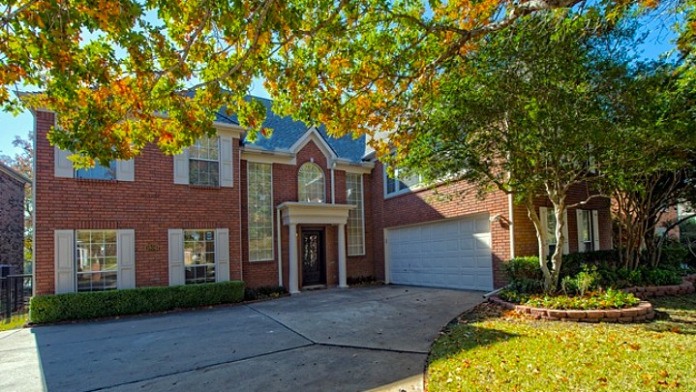About Phoenix House – Hill A. Feinberg Prevention Center
Located in Dallas, Texas, is the Phoenix House – Hill A. Feinberg Prevention Center. This is a center that supports teens, adults and families working through struggles with substance use. There is a prevention program there that couples modern and individualized therapies to help you work through your addiction and co-occurring mental health struggles. You’ll get to work with dedicated addiction specialists, counselors and other mental health professionals.
Character Strengths Program
This organization uses a treatment approach known as the VIA Character Strengths. This programming focuses on 24 strengths. These strengths fall into six categories that are called virtues. These strengths target different recovery concepts including building resiliency, working on having positive relationships with your loved ones, creating meaning out of your recovery journey and celebrating your successes when they happen.
This programming falls in line with the broader theme of this organization: attacking addiction recovery from a place of praise and support without shame or judgment. This is an especially effective method with the younger populations served.
Through their VIA Character Strengths model, there is an individualized, person focused level of care that helps you feel supported, regardless of your struggles. With the skills and strategies you learn through the prevention program, you’ll be able to move through recovery and your life in a way that is healthy and positive.
Latest Reviews
Rehab Score
Gallery
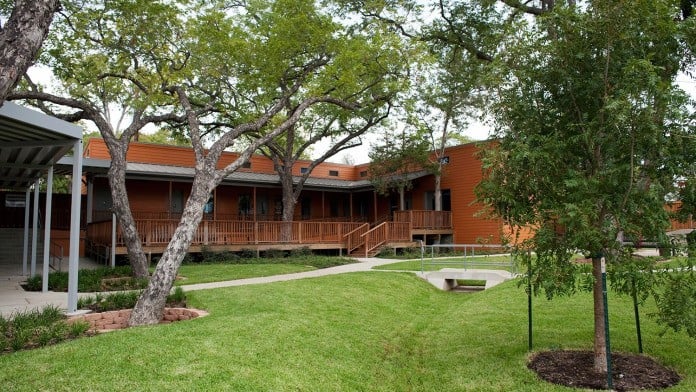
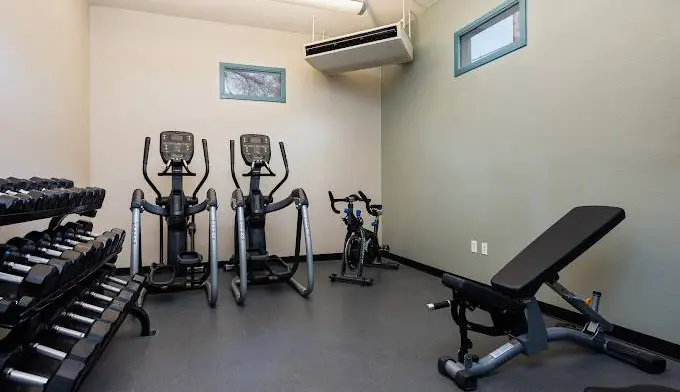
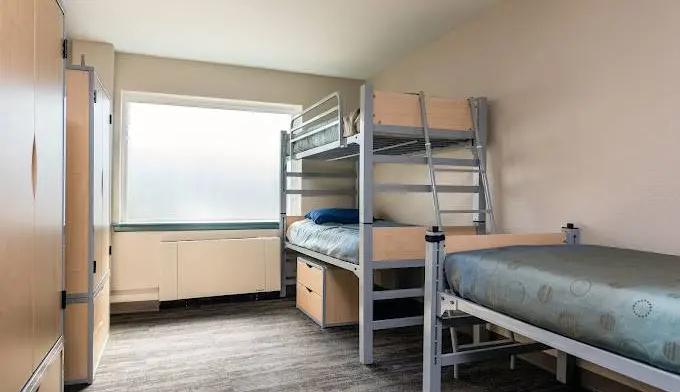
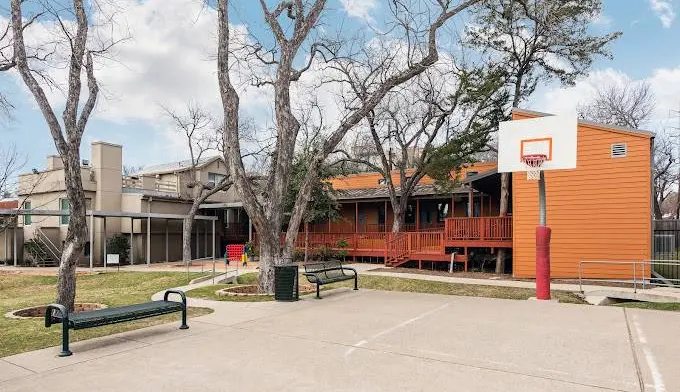
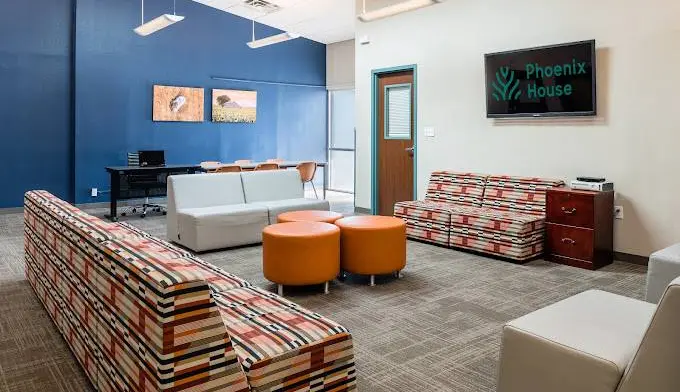
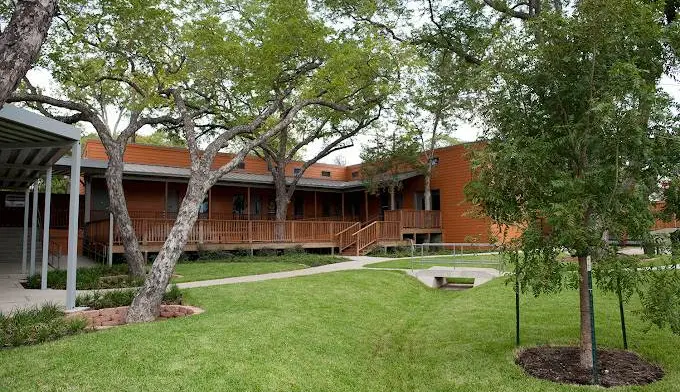






Staff

Drew Dutton, M.Ed., MBA, MAPP, LPC-S, LCDC, ACPS
President & CEO

Crystal Waddell, MHA, ACPS
Senior Director of Prevention

Anunoy Mou
Finance Director

Brandi Hughes
Human Resources Director

Hill A. Feinberg
Chairman Emeritus
Contact Information
2345 Reagan St
Dallas, TX 75219




